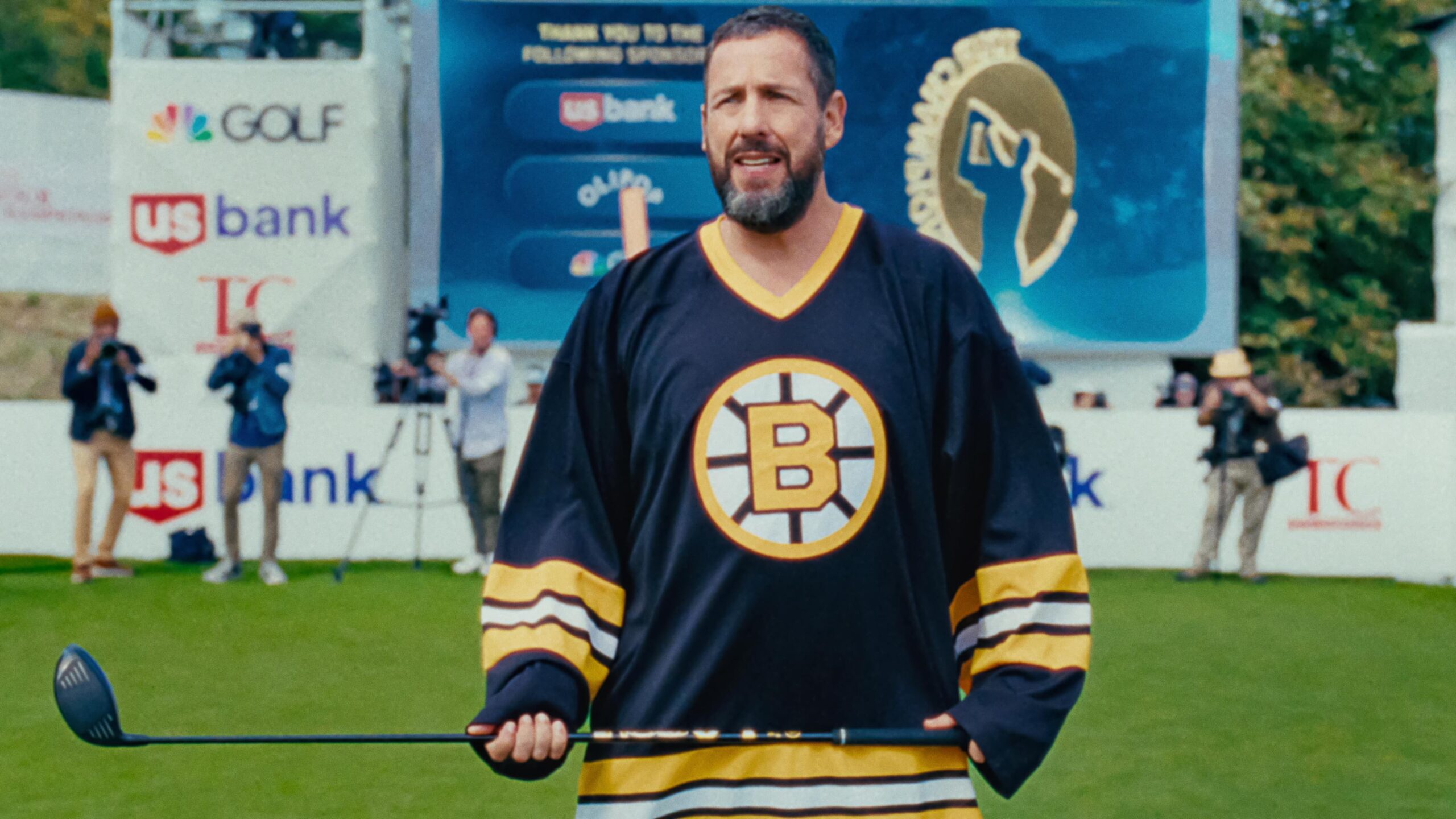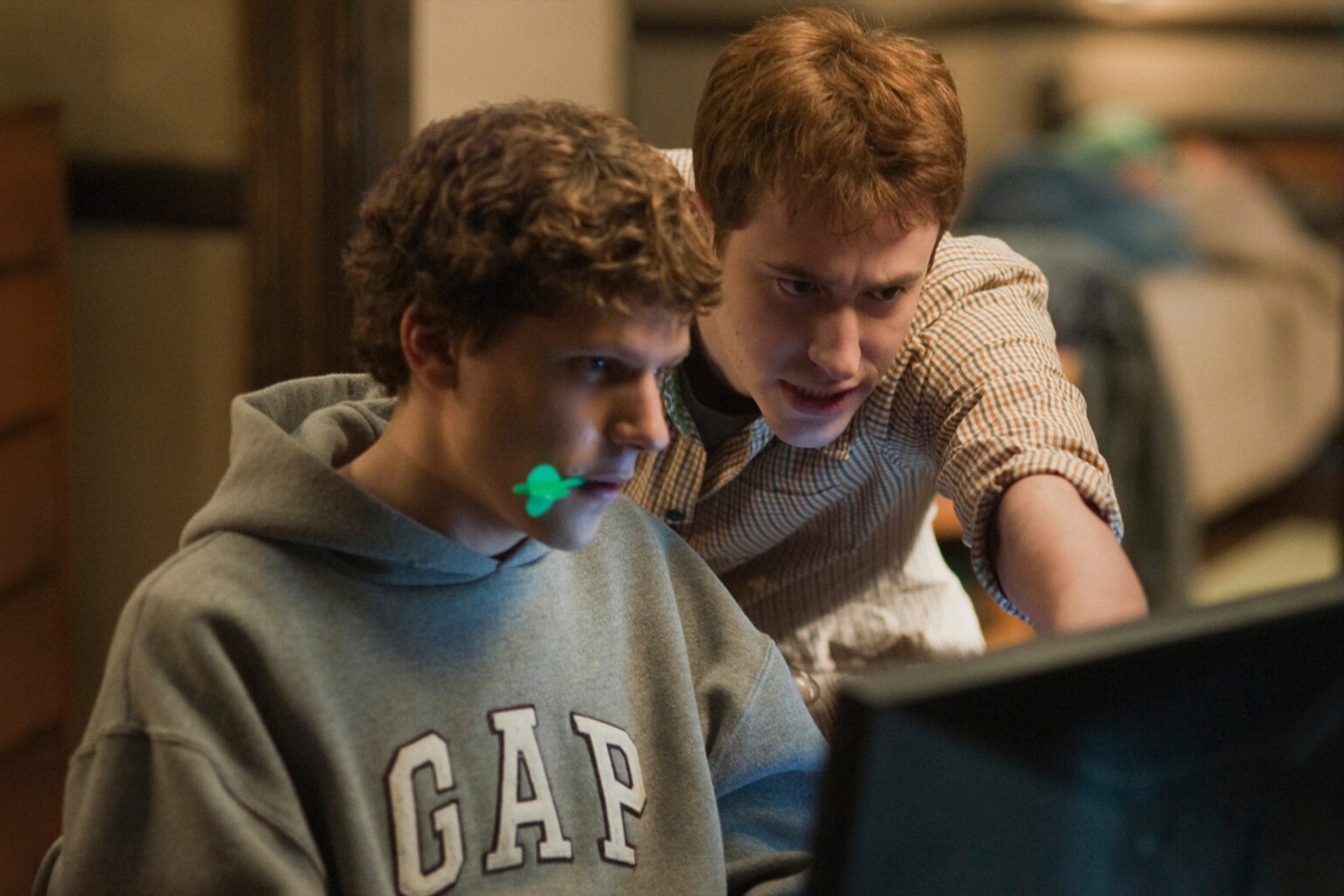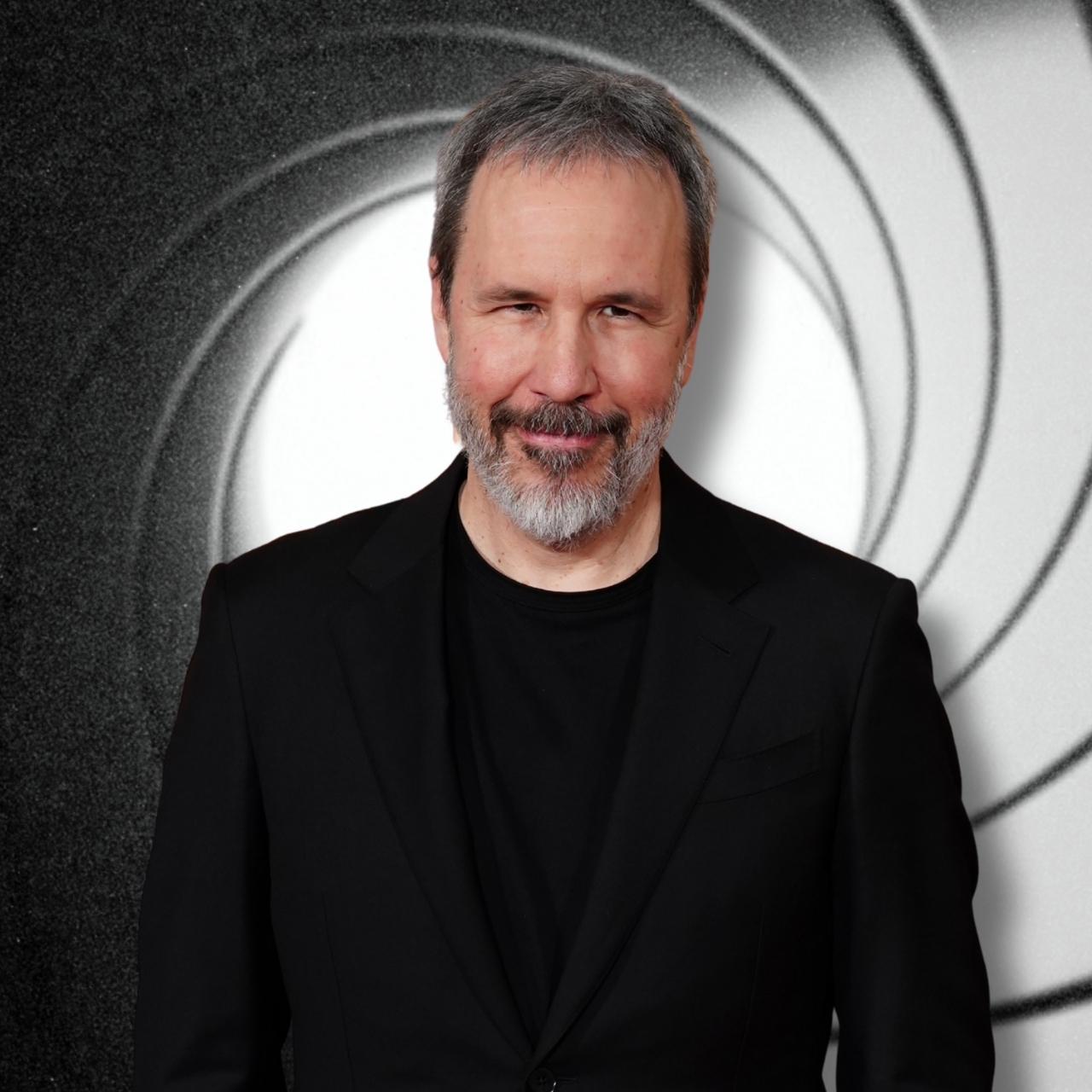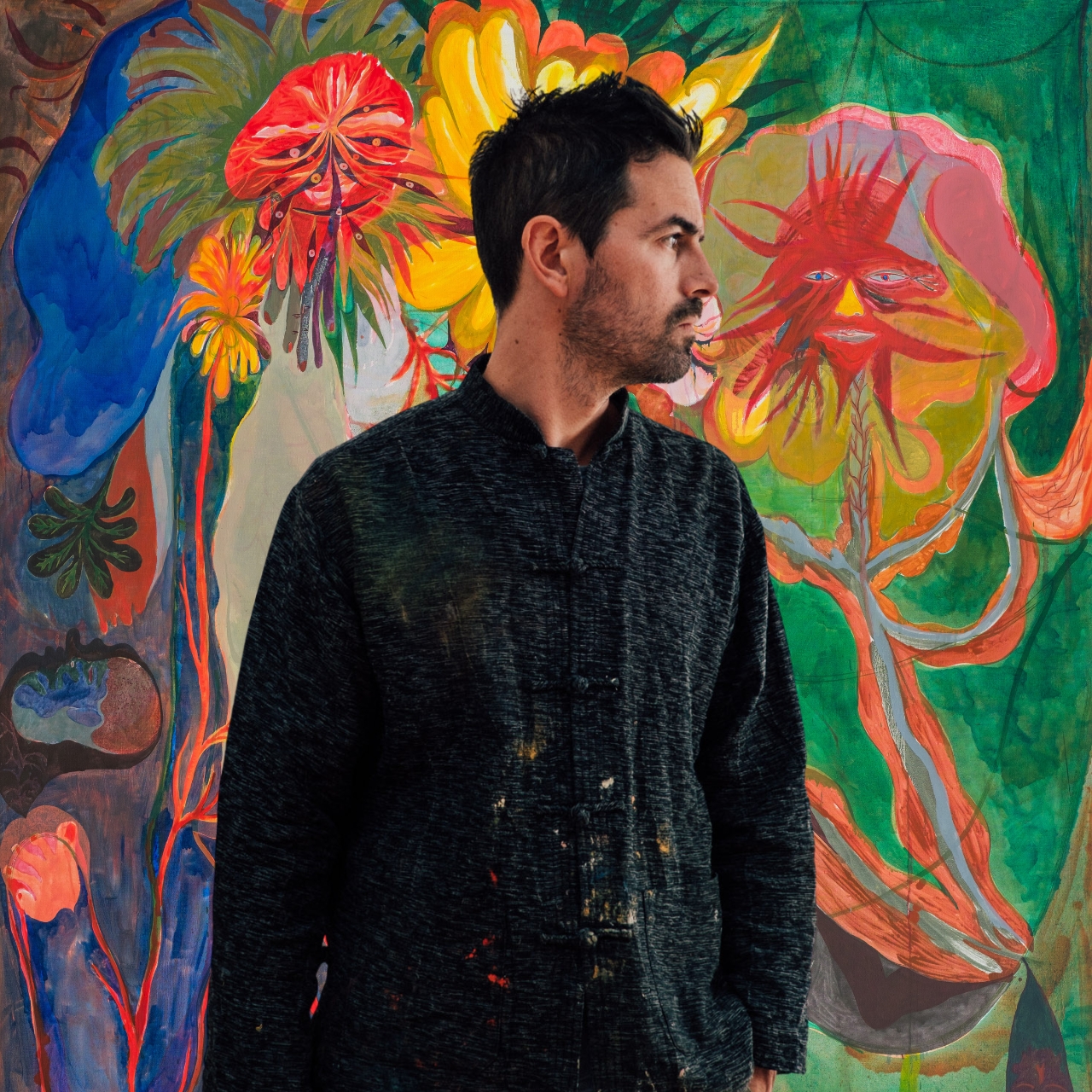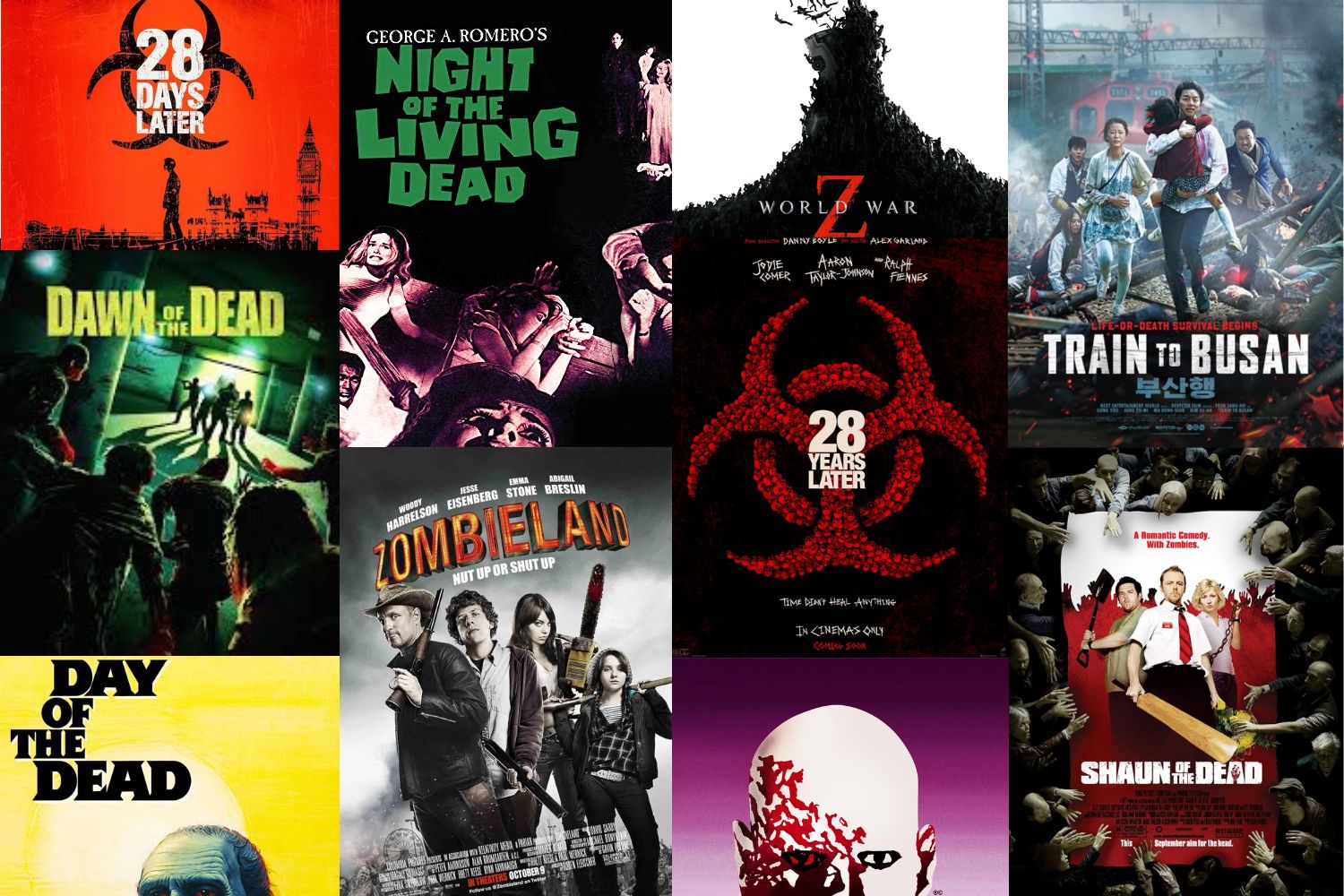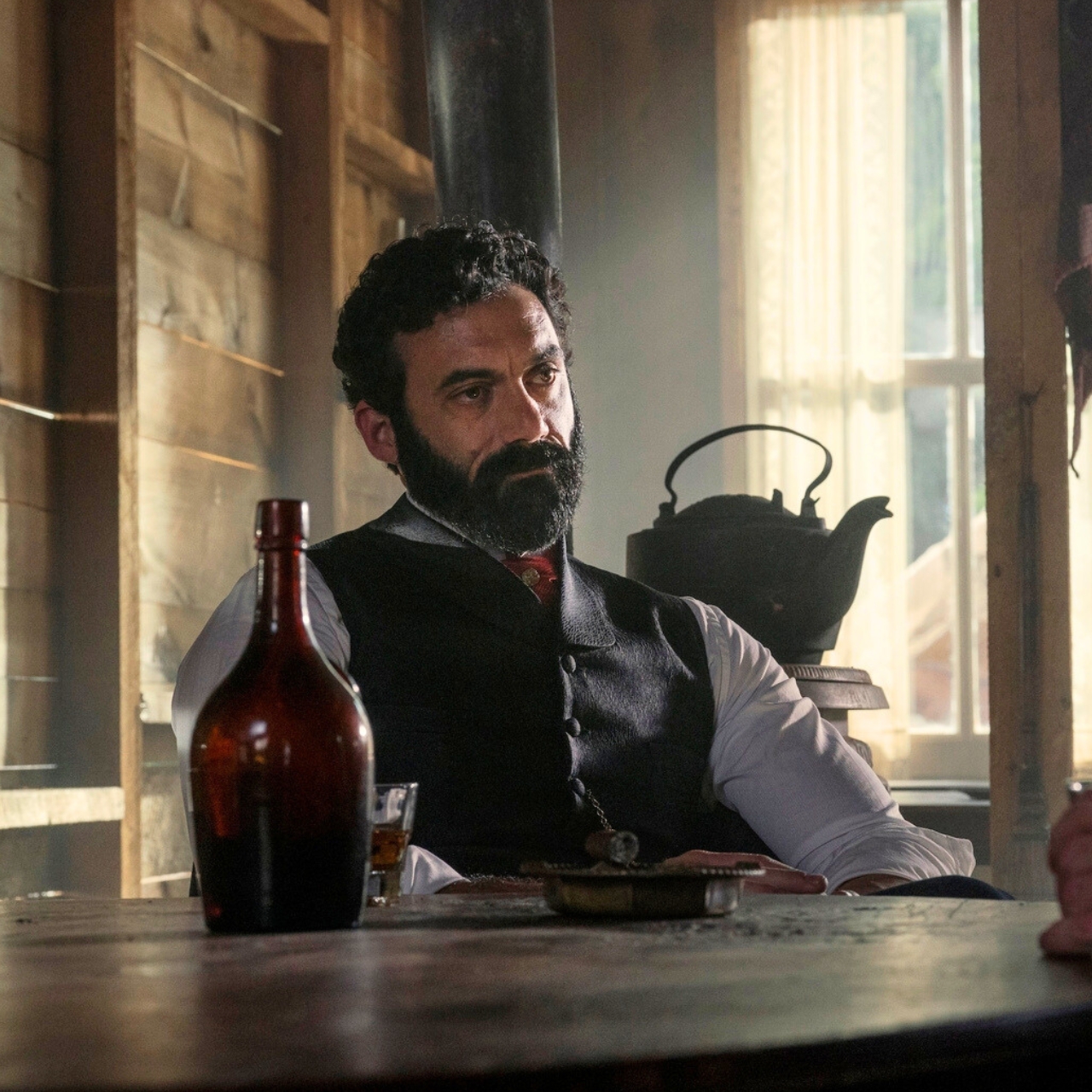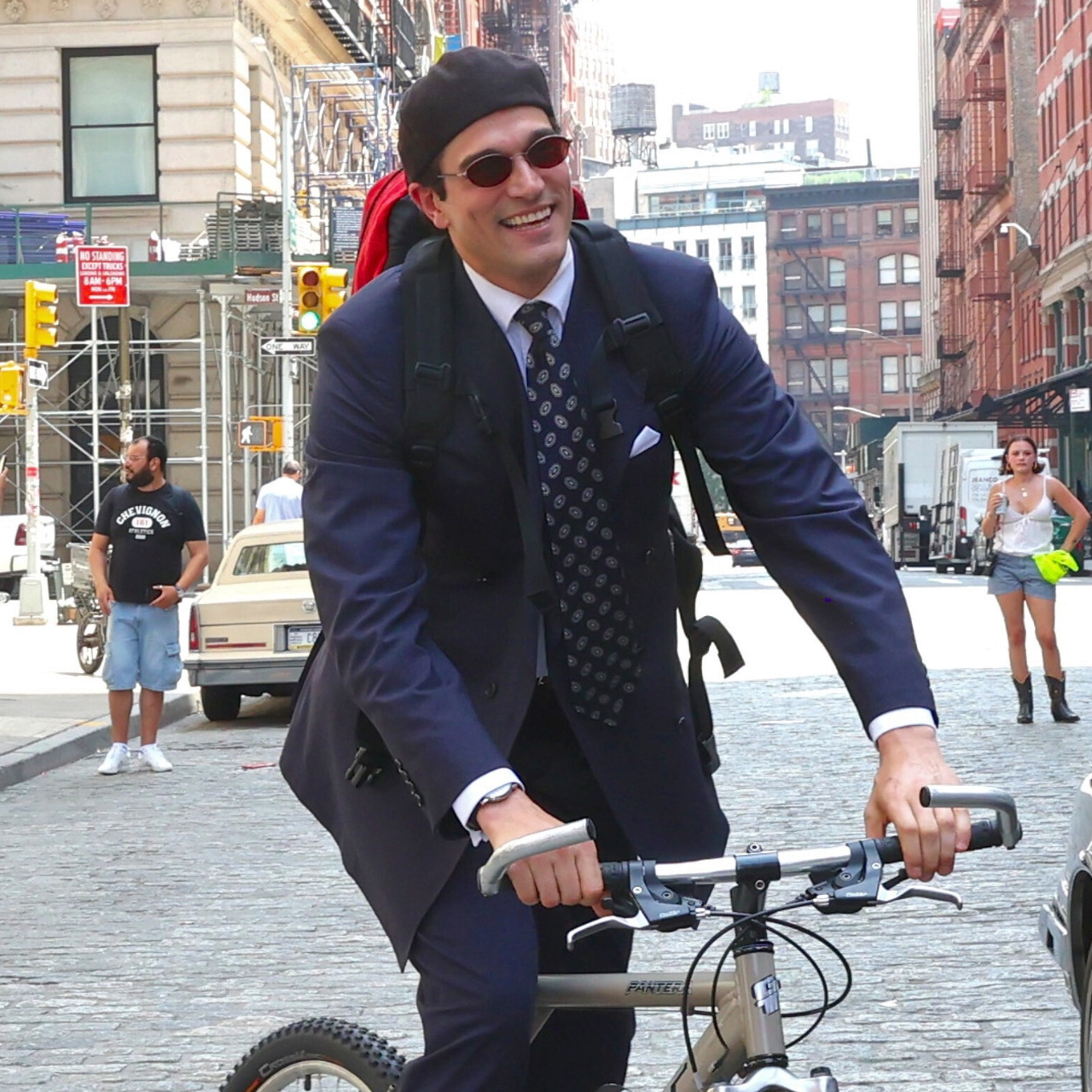Is it okay for comedians to embellish the truth?
Stand-up comedy relies on exaggeration and embellishment. But sometimes the line between funny story and fib gets blurry.
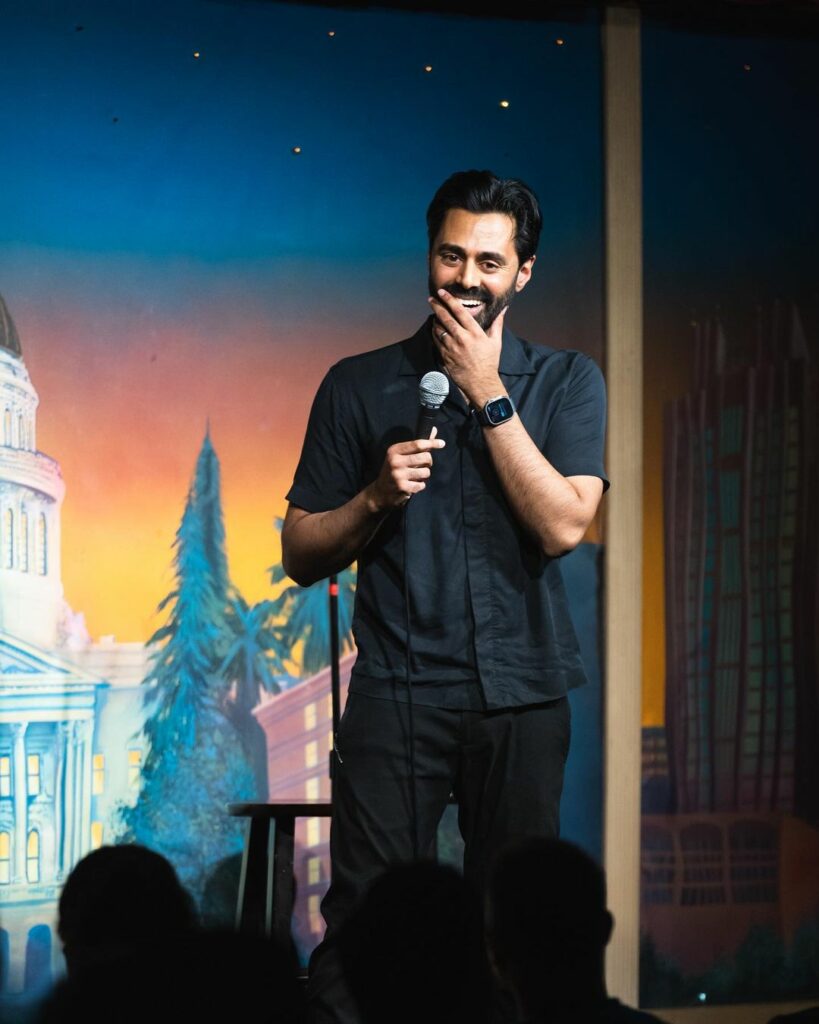
FUNNY STORY: the other day, a friend of mine told me a hilariously grotesque tale about getting a tick on his junk. I listened, riveted, over a beer, as he relayed the story in graphic detail, recalling how he had been on a Zoom call when he felt an incredible surge of pain in his groin and had to hang up and rush to the bathroom, where he anxiously examined his rapidly swelling (not in a good way) member.
Almost overcome with pain and now barely able to talk or even walk, he was also in a bind, as the only other people in the house were his eighteen-year-old son and his girlfriend. He really did not want to bother them and began trying to remove the tick himself, which just made it worse. Eventually he had no choice but to hoist his strides and stagger to his son’s room and explain that he needed him to drive him to Emergency.
So, the three of them clambered in the car and high-tailed it to the hospital, my friend’s embarrassment that his son’s girlfriend should witness this excruciating scene as acute as the pain radiating from his boxer shorts. He’s fine now, btw.
The story was told to me as related above and doesn’t require a lot of embellishment to hold the attention of most listeners, perhaps produce a wince or a gasp and, if they’re generous, a chuckle. And yet, when I have found myself retelling it to other friends, I have been tempted to embellish facts and exaggerate the circumstances.
I was tempted, for example, to remove the son from the story—he went out to get some milk, leaving his girlfriend as my friend’s only source of help. It would increase my friend’s humiliation, sure, but introduce a creepy element that the story doesn’t need. But I was tempted. And if I had been telling this story on a stage where I was living and dying by its reception from an audience of pissed-up bankers or couples on dates at a comedy club, then I imagine the temptation to embellish it even further would be immense. I might add a line at the end, for example, where I say, “And how’s my friend doing now, you might ask? Well, to be honest, he’s pretty ticked off about whole thing”. Boom-tsh. “Thanks, I’m here all week.”
The story crossed my mind recently, as I read about the travails of US comedian, Hasan Minhaj, who was accused of lying on stage about several incidents in his personal life: his brush with an FBI informer after 9/11, a prom date who rejected him for racist reasons, and white powder sent to him in the post, hospitalising his daughter, after he criticised the Saudi government on his TV show. These incidents did not happen, Minhaj now admits. He put it this way: “The emotional truth is first. The factual truth is secondary.”
I personally have never really expected comedians to be factually truthful but am conscious that for jokes to truly resonate, they must mine an emotional truth in order to be relatable. For comedians whose comedy is mostly focused on social and cultural commentary, the bar for factual truth is probably pretty low.
One of my favourite segments on the great Chapelle Show of the early aughts was a segment called Charlie Murphy’s True Hollywood Stories, in which Murphy recounted tall tales from the early ’80s when his brother, Eddie, was at the height of his fame and Charlie was riding shotgun. One of the most famous of these was an incident when the Murphys ran into Prince at a club, who proceeded to invite them back to his mansion, where he challenged Eddie and Charlie to a game of pick-up hoops, in which the purple-clad point guard wiped the floor (playing in heels!) with them before serving the brothers pancakes. While the story has since been verified by Eddie, you would have to say there was likely a fair degree of embellishment in its telling on the Chappelle Show, and why not—no harm no foul, right? Should we ask what the score in the pick-up game was? Enquire as to the reliability of Prince’s jumper—he was a noted high-school hooper so it was probably sturdy. The point is, to get bogged down in factual detail would ruin the story.

But for comedians whose comedy is more political, the bar is surely higher. Your material is not only seeking to provoke amusement but also to make a point, and, in many cases, shine a light on inequality or highlight injustice. That can be difficult line for a comedian, such as Minhaj, whose material can run the gamut from political satire to the minutiae of home life, to straddle. “You wouldn’t go to a haunted house and say, ‘Why are these people lying to me?’ The point is the ride. Stand-up is the same,” Minhaj said in his defence.
I would say when you are looking to address injustice or cite instances of discrimination to make a point beyond just eliciting a belly laugh, it’s a different ride with higher stakes and a higher burden of proof. And the shit still has to be funny. It’s a tough gig.
But what about when the stakes are considerably lower. Is it okay to stretch the truth in search of a laugh at a dinner party, for example? While I wouldn’t advise you drop pork pies on diners over a stodgy stroganoff, in these instances a little embellishment is probably okay. It likely goes without saying, but if you have to exaggerate detail too much, then the story probably isn’t that funny to begin with.
A word of warning: be especially careful if you have a spouse or partner in attendance when you tell your story. These people can be extremely annoying, flashing you quizzical looks or even deploying contemptuous eyerolls across the table when you go too far. Later, in the car on the ride home, they might even hit you with a devastating: “You know, that’s not how it happened. Why did you say there were a crowd of people watching? There were two!”
While undeniably irritating, these people are perhaps a necessary handbrake on unchecked creative license, preventing you from squirting a dollop too much mustard on your hotdog.
Which brings me to a confession: perhaps I could have done with someone like that today. Yes, I embellished my story ever so slightly—it was told to me two years ago, which I’m pretty sure doesn’t count as ‘the other day’. Soz for that, hopefully the emotional truth remained intact.

Related:
Out of the mud and into the humanity: Adam Briggs on championing the Yes Vote









